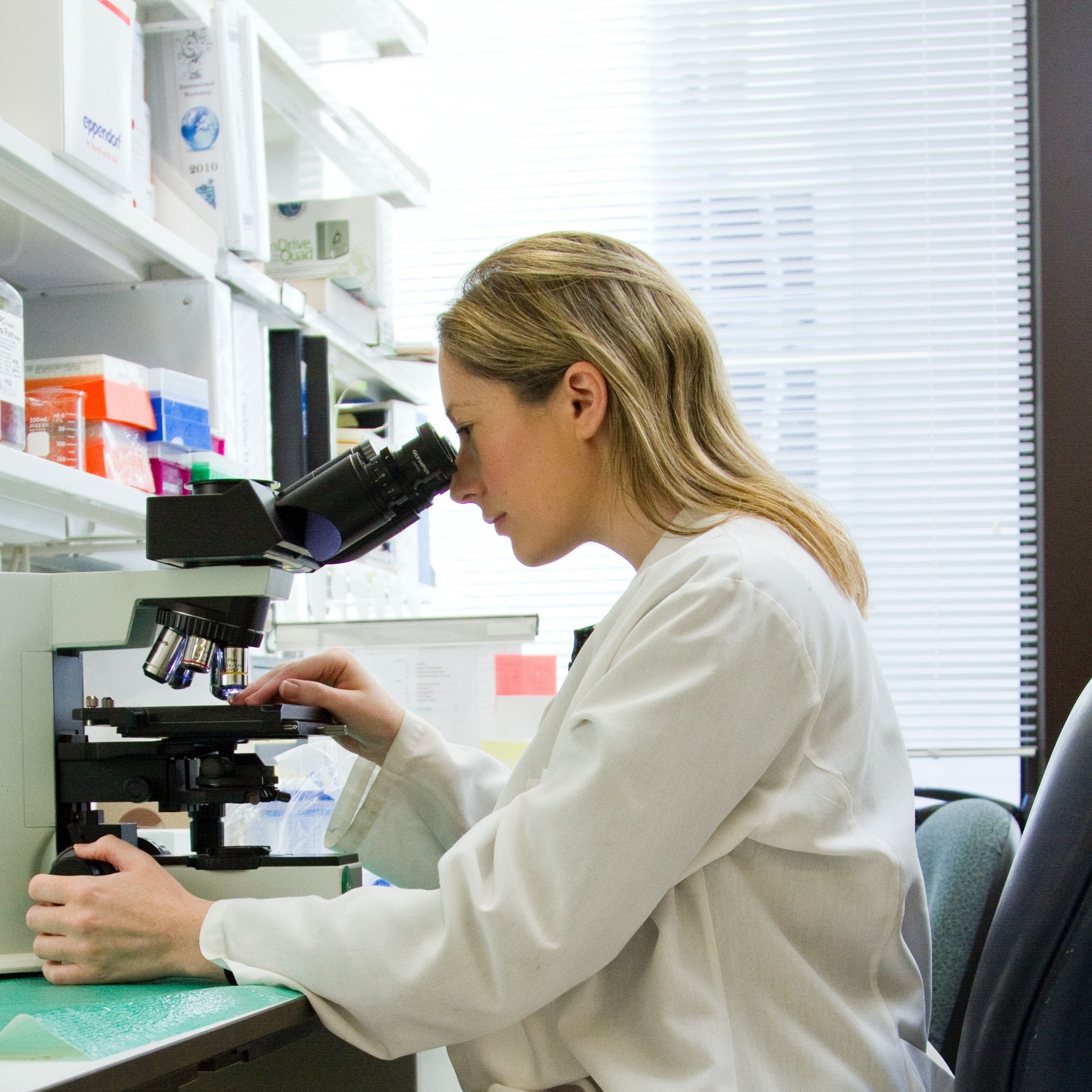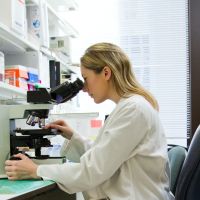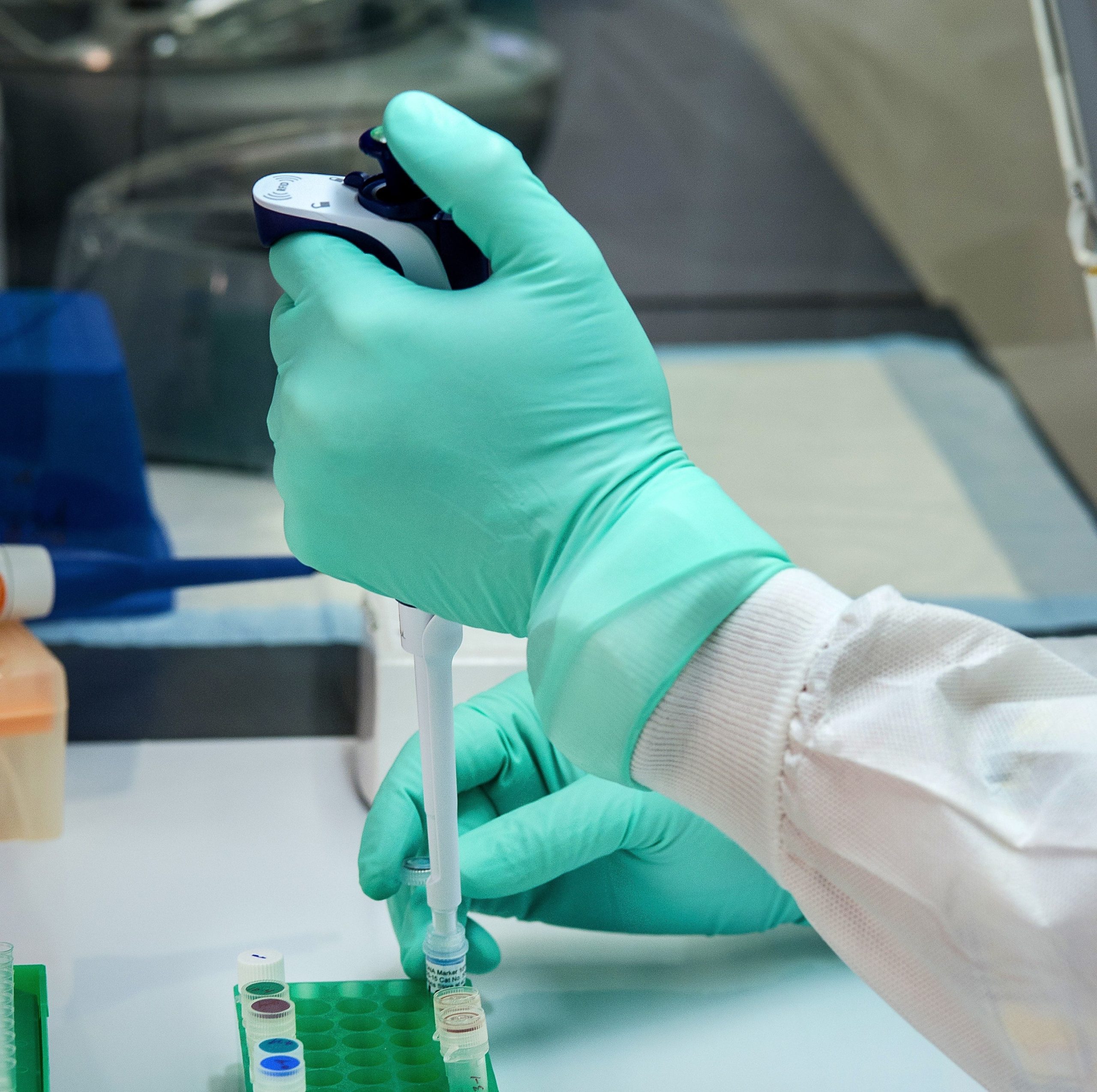DNA Clinical Testing
Providing the Yorkville Community with Passionate Quality Physiotherapy


Your genes, your health
Leverage the latest advancements in Artificial Intelligence and Genome Technology to proactively address predispositions and health issues predicted by the algorithm of our Genetic Testing Program. By decoding all your 22,000 genes of the body, we offer the most complete mapping of your Genetic Sequence to identify risk factors, optimize your diet and lifestyle choices and identify the medicines and supplements most appropriate for you.
Areas of interest
Looking closer to understand the big picture
You may have heard of the BRCA1 gene and its relation to breast cancer, but did you know that science has now identified more than 1000 genes that, like BRCA1, are strongly related to cancer risk? We are the only service that analyzes your cancer risk in terms of all of these genes. Even tests that focus specifically on cancer typically look at just 20-80 cancer genes (2-8% as many as us). Our information can direct the type of screening a person should receive, meaning cancer may be caught earlier and may be easier to treat. There have also been situations with people who already have cancer, for whom we have found special treatments based on their genomic mutations.
Have you ever wondered why certain diets work better for some people than others? There is exciting research happening right now that compares how different people perform on different diets, based on variations in their DNA. We have used these studies to suggest specific diets for people. These options may include the saturated fat diet (similar to Atkins), the monounsaturated fat diet (Mediterranean diet), and the high carbohydrate, low fat diet. Not just that, but sometimes there are specific foods (like watermelon or coffee) that are predicted to be good for people, depending on their specific genomic mutations.
Our fitness recommendations serve two valuable objectives. First, we can show you how different exercises improve your health. For instance, we have results that say aerobic exercise may be more or less likely to improve your insulin sensitivity, based on your genomics, and more or less likely to improve your VO2 max (a measure of lung function). Second, our fitness recommendations can reveal which athletic activities you are most likely to excel in, based on your unique biological advantages. This can help you become a better athlete, if you are so inclined.
There are three main types of heart problems: arrhythmias, structural heart disease, and coronary heart disease. We check for genetic risks for all three. For example, we have identified patients who have rare cardiac defects. These people may have been at risk for effects as serious as sudden cardiac death, but with help from a cardiologist, they can potentially avoid this fate and live longer. Coronary heart disease is very different because it is so common and is caused by so many different factors. Some of the different factors we have identified in patients include risk of hypertension, high blood cholesterol, high homocysteine, and high lipoprotein(a). Understanding your biggest risk factors may allow your doctor to better manage your overall risk for coronary heart disease.
We can find the genetic basis of all sorts of chronic diseases including diabetes, asthma, autoimmune disease, multiple sclerosis, and more. (However, genetics does not cause every disease; some diseases are caused by a person’s lifestyle or simply bad luck.) Understanding the basis of a chronic disease may unlock better ways to manage it. For example, diabetes is typically caused by a complex interaction between your genomics and environment (such as your diet and fitness habits). Our analysis can reveal the part played by your genomics, potentially enabling you to adjust your diet and fitness habits to optimally reduce your risk.
Some people are interested in learning if they are at risk for dementia or neurodegenerative problems as they age. We have helped many people determine their risk. In some cases, we have been able to propose possible mitigation steps. For example, you may have heard of ApoE4, which is one of the mutations most strongly related to Alzheimer’s risk. But did you know there are several studies showing specific diets that may reduce risk of Alzheimer’s in people who have this mutation? If you have parents or grandparents with dementia, understanding your risk and developing a plan to mitigate that risk could be very valuable to you.
The genes in the Cytochrome P450 complex have some of the strongest impacts on why certain medications work differently in some people as compared to others. We analyze these genes plus many others to predict which medicines will work best for each person. We can even in some cases determine ideal dosages for medicines.
The average person carries multiple diseases in their DNA that they do not express themselves. Such diseases are called “recessive.” These are not problems unless the person and their partner both carry the same recessive disease; in that case, the couple’s children are at risk of becoming afflicted with that disease. Examples of recessive diseases include Cystic Fibrosis, Tay-Sachs disease, Familial Mediterranean fever, and Niemann-Pick disease. Recessive diseases can often be debilitating, so you really don’t want your child to be afflicted. Therefore, even if you and your partner are completely healthy, it still can be a very good idea to check which recessive diseases you carry.
Our platform can help identify unique aspects of you that you and your doctors may not have fully appreciated. For example, it is estimated that approximately 10% of people have a rare medical condition. Even though each rare condition is, by definition, rare in the population, there are so many rare conditions that it is not rare for a person to have one. Moreover, most rare conditions are not immediately life threatening, and knowing that you have something rare could answer important questions about your health. It may explain symptoms you have, and it could enable your doctors to manage your health better. For example, we have helped some people who have reported symptoms of fatigue: we have identified genetic causes of their fatigue, and, in some cases, found actions they can take that are predicted to alleviate their symptoms.
Ancestry determination is included with our analysis. We compare your DNA with 52 different populations from around the globe. Which region of the world do your ancestors come from?
How we work

01
Collection
Successful treatment starts with a good diagnostic, our team will first review your history and assess the source of your pain to then set your goals to create the treatment plan most adapted to your needs.

02
Analysis
Once you have been assessed, our team will proceed with a treatment designed to make you feel better, either though an adjustment or a one on one session in our private boutique gym.

03
Report
To maximize the results of your treatments ongoin support may be key. Our Team will be there for you to help you stay on your path to better health.
Testimonials

“I am beyond grateful for the service I received and for the important information I was given in regards to my health. The team called me personally to answer questions and walk me through the process. I felt compelled to know specifics about my genomic makeup in the hopes of living my best life for my young son. Not only did I receive fantastic guidance from The Toronto Clinic, I received peace of mind with desirable test results. I now have a roadmap to focus specifically on a personal wellness plan at my yearly physicals via my doc. I can’t recommend them enough!”
– Oakville

“The Toronto Clinic did an excellent job in analyzing my genome, not only did they provide me with reports but also provided us with personalized recommendations to find the specific gene that is causing my illness, thus enabling me to find the correct doctors faster and with less expense then would have otherwise been possible.”
– Toronto
Complimentary phone consultation
Discuss your needs with our team of experts to find the solution that suits you best.
Adress your healthcare needs today and enjoy the exeptional care of The Toronto Clinic.
+1 416 849-5555
Interested in learning more?
One of our associates will be happy to answer all of your questions.